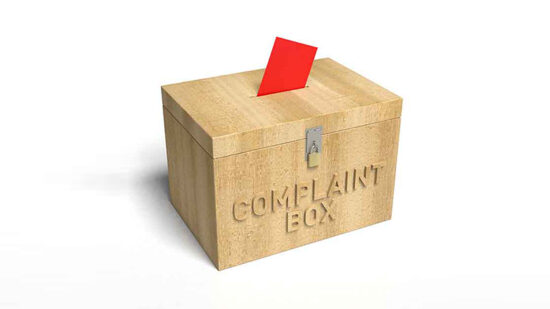International financial advice firm Hoxton Capital has told clients to get out of UK cash in a bid to stave off the worst effects of Brexit.
Hoxton Capital was founded by ex-deVere duo Matt Dean and Chris Ball. It has dual licences in the UK and UAE and serves clients in both regions.
The firm provides advice across the UAE through a Fujairah free zone investment consultancy licence.
The fall of sterling
Hoxton sees lower interest rates and higher inflationary pressures as the most likely consequences of a no-deal Brexit for personal finance.
On the positive side for clients, this Brexit scenario is likely to mean cheaper mortgages, cheaper debt and the FTSE 100 doing well, with earnings artificially boosted by lower exchange rates.
However, with inflation also likely to rise and the value of sterling expected to fall, there could be a renewed squeeze on household incomes.
“This squeeze on incomes will also affect the spending power of expats living abroad,” explains Chris Ball, managing partner of Hoxton.
“If sterling gets weaker against the euro and the dollar, when expat pensioners, for example, convert their pensions to the currency they are going to be paid in, they will have less than previously.
“A UK pensioner living in the US, for example, has already seen their spending power fall by nearly 25% since the start of the Brexit process.
“This means that a pensioner who converted their £210,000 pension to dollars before the Brexit process received just over $315,000. The same pot size would now only provide $268,000 – representing a decrease in value of almost $50,000 (£38,800, €43,000).
“As it only looks like sterling will get weaker, expat pensioners may think it’s time to consider changing lump sums across to dollars and euros now.”
Implications for savers
If the UK economy were to enter recession after a no-deal Brexit, Ball says it is likely that the Bank of England would encourage savers to spend by lowering interest rates again.
“This would not be good for people saving into Cash Isas and other fixed interest investments,” he explains.
“A good alternative could be to invest in high yield dividend stocks, as has been seen previously when interest rates have been low. If inflation rises, you will want to ensure your savings keep up so that your buying power remains the same over time.
“This may mean Cash Isas needing to be converted into stocks and shares Isas, so that individuals can try and keep pace with inflation although obviously it has to be matched with their risk profile though before investing.”
The Hoxton Capital Management analysis also has advice for investors who may need to be prepared for lower returns from UK listed equities.
“Ultimately the FTSE 100 companies are global companies so, when sterling dips, earnings from these companies are artificially inflated as most of their earnings are in foreign currencies and just converted back to sterling for reporting purposes,” explains Ball.
“The main losers are likely to be FTSE 250 and FTSE 350 companies who rely on more domestic-based sales. What this really reiterates is the importance of having a truly diversified portfolio and ensuring that you are not restricted to the UK.”
The pound has lost between 11% and 15% of its value (measured against a basket of leading currencies) since Britain voted to leave the EU. On 5 September, it climbed more than 1% on news the EU was prepared to fudge a deal to avoid a no deal scenario.
A no deal is the default scenario if Brexit negotiators can’t agree trade terms to replace the free trade deal in place across the bloc. In the event of a no deal, the UK would become a ‘third country’, falling back to World Trade Organisation rules.








